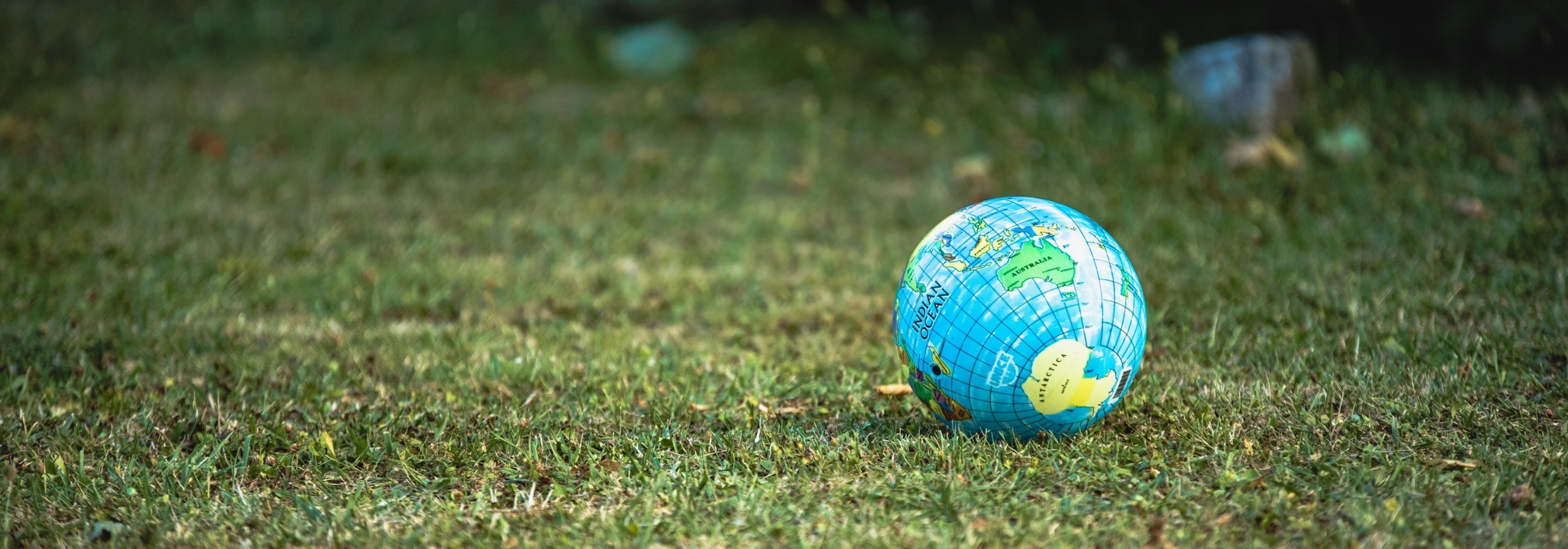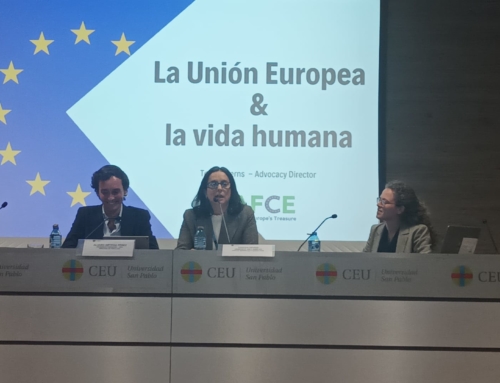13 April 2021
Since its publication in 2015, Pope Francis’s encyclical Laudato Si’ has commanded great influence in both political and intellectual circles. However, it is not enough to discuss the Popes’ momentous vision for resolving the ecological crisis that faces us; instead, people and institutions everywhere must undertake to implement Laudato Si’. In order to deepen its focus on the family and its role in integral ecology, FAFCE joined the Holy See’s Laudato Si’ Action Platform.
The Dicastery for Promoting Integral Human Development launched the Laudato Si’ Action Platform on the occasion of the Special Anniversary Year of Laudato Si’ in 2020. The Action Platform encompasses seven action groups: families, parishes and dioceses, educational institutions, hospitals and health care centers, economic organisations, non-profit organisations, and religious orders. Signatories to the Action Platform strive to help communities around the world become totally sustainable by embarking on a seven-year journey, or reform process, that corresponds to the seven dimensions articulated in Laudato Si’. These are a response to the cry of the earth, a response to the cry of the poor, ecological economics, the adoption of simple lifestyles, ecological education, ecological spirituality, and community engagement and participatory action.
A holistic integration of the insights of the Papal Encyclical Laudato Si’ into society naturally results in the creation of family policies. The encyclical employs the term “integral ecology”, which condenses the rich worldview informed by Catholic Social Teaching into one powerful phrase. “Ecology” describes the science that studies living organisms and their relationships, both amongst themselves and with their environments. One must read Laudato Si’ with a view toward the ecology of human beings in the human and social dimensions of their lives, with a focus on people as well as the environments that shape their relationships. This ecology is “integral” in the sense used by Pope Francis in Laudato Si’: it reflects the understanding that everything is interconnected and echoes his call that “today’s problems call for a vision capable of taking into account every aspect of the global crisis” (paragraph 137).
Pope Francis’s warning about the dissolution of social bonds constitutes a central current of Laudato Si’. He writes, “the growth of the past two centuries has not always led to an integral development and an improvement in the quality of life. Some of these signs are also symptomatic of real social decline, the silent rupture of the bonds of integration and social cohesion” (paragraph 46). Family is an indispensable tool of social inclusion and cohesion. Strong families build strong communities, and strong communities protect and empower children to become responsible and impactful citizens that will respect our shared planet as a shared home: in fact, “We can no longer speak of sustainable development apart from intergenerational solidarity” (paragraph 159).
Pope Francis elaborates on the unique and irreplicable role of the family. He credits the family with cultivating many of the values that are essential to life in communities, writing, “In the family we first learn how to show love and respect for life; we are taught the proper use of things, order and cleanliness, respect for the local ecosystem and care for all creatures. In the family we receive an integral education, which enables us to grow harmoniously in personal maturity. In the family we learn to ask without demanding, to say “thank you” as an expression of genuine gratitude for what we have been given, to control our aggressivity and greed, and to ask forgiveness when we have caused harm” (paragraph 213). Such praise for the family dovetails with the Holy Father’s focus on sustainability. Laudato Si’ is a very forward-looking document that considers every human and societal action with regard to the environment over the long-term. FAFCE’s Board Resolution of November 2020 takes up the Pope’s invitation to consider the family’s role in the future, stating that “the future is only possible with children, and the post-pandemic recovery will only be possible with the family.” Families are not only agents of socialisation and mechanisms of inclusion, but also engines of economic and demographic growth. The COVID-19 pandemic and its fallout have opened a space for the radical reevaluation of governmental and social priorities, and we cannot neglect to use this opportunity to restore pride of place to the family. The challenges that we face, from the existing problems analysed in Laudato Si’ to those caused by COVID-19, demand bold action and transformative change.
Pope Francis does not entrust this task to policymakers alone; instead, the Holy Father insists that every person has a transformative role to play in this mission. As Pope Francis writes, even in the most unpleasant and difficult settings, “the limitations of the environment are compensated for in the interior of each person who feels held within a network of solidarity and belonging. In this way, any place can turn from being a hell on earth into the setting for a dignified life” (paragraph 148). In this perspective, family associations play a key role in creating a network of solidarity among families and ensuring that people feek neither isolated nor marginalised. During this Year of the Family, families and family associations are called to spearhead the effort toward building a more inclusive and just society.







